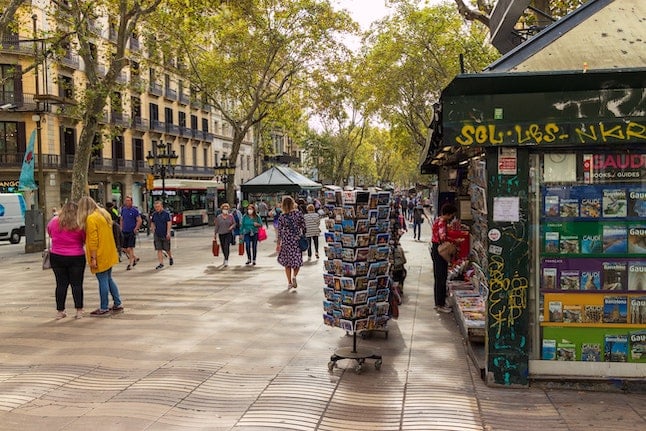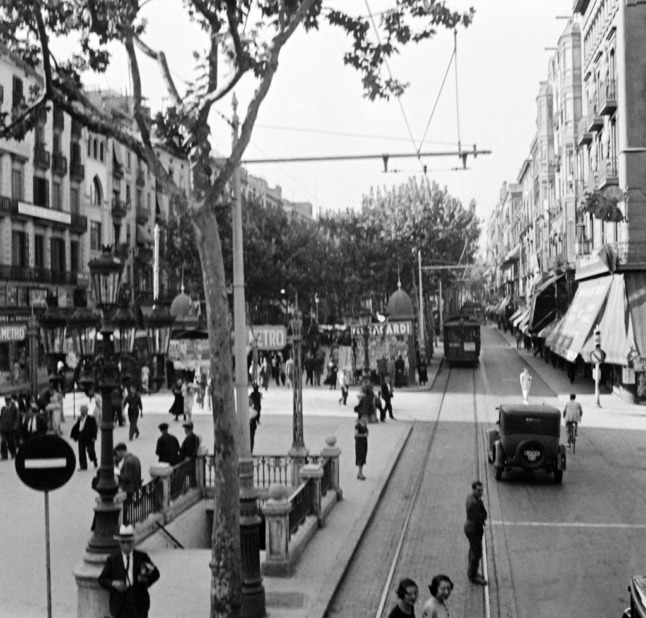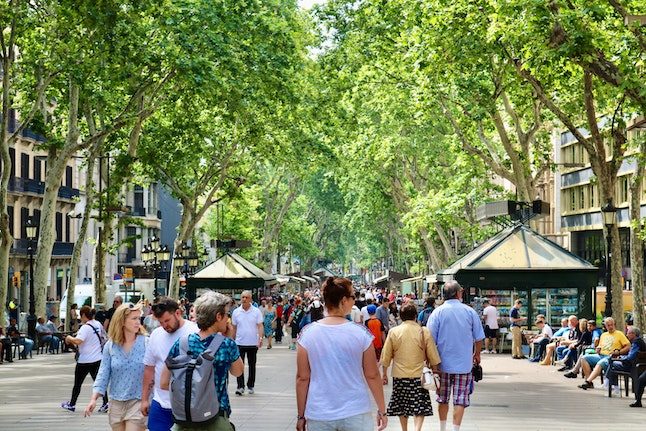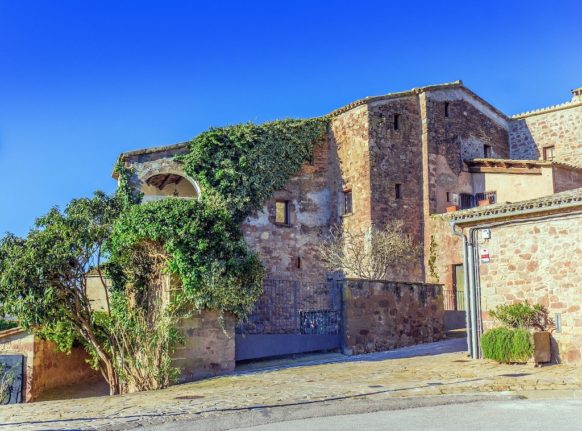Barcelona City Council plans to revamp the famous Las Ramblas into a place not just for holidaymakers, but somewhere that locals can enjoy too, since over the past 15 years or so the promenade has been taken over by touristy shops, illegal street vendors and fast-food restaurants, with their terraces taking up the pavement.
This means making Las Ramblas greener, widening the pavements, and reducing the lanes of traffic on either side of these walkways from two to one. It’s estimated that the project will cost around €44.5 million.
But part of the city’s plans also involve getting rid of the iconic kiosks of Las Ramblas, which have been a common sight on the street for more than a century, giving them until the end of February to leave and close up shop.
The ‘Antic Ocellaires’ or ‘Pajareros’, as they’re called because they once used to sell birds and other small animals, have stood on Las Ramblas for the past 160 years.
The bird sellers even gave this part of Las Ramblas its official name – the Rambla de Ocells (ocells meaning birds in Catalan).
At the end of the 2000s, the Town Hall banned the sale of animals from these kiosks, due to complaints of animal cruelty, so the owners resigned agreements to sell things such as tourist souvenirs and ice creams instead while keeping their original name.

Why does the City Council want to get rid of the kiosks?
The City Council claims that the old bird sellers have no place in the new future plans for Las Ramblas. They have said that there will only be flower and newspaper kiosks when it has been reformed, with the exception of one kiosk selling tickets for the historic Wax Museum.
The authorities argue that the licences of the kiosk owners expired on June 14th 2021 because of an agreement that was signed back in 1971, granting them a licence for a maximum term of 50 years.

What do the kiosk owners say?
Javier Cuenca, spokesperson for the collective ‘Antic Ocellaires’ disagrees with this and told the Catalan News Agency that he believes their licences are still valid and urges further dialogue with the council to come to a solution.
The kiosk sellers have already filed an appeal against their eviction notice, as well a lawsuit.
Cuenca believes that the council’s decision is a “pressure strategy” and does not understand why they have to leave now, when he claims that plans to reform their part of Las Ramblas won’t come into effect until 2029.
Many locals are also angry about the council’s decision, arguing that there are still prostitutes, pickpockets and manteros (immigrants or refugees who sell items illegally from blankets laid out on the streets) on Las Ramblas – even though many of these sellers now mainly congregate in other areas of the city.
For some, Las Ramblas has come to represent the decay of parts of the Catalan capital, a city weighed down by its immense international popularity and all the knock-on effects that come with that in the 21st century.



 Please whitelist us to continue reading.
Please whitelist us to continue reading.
Member comments